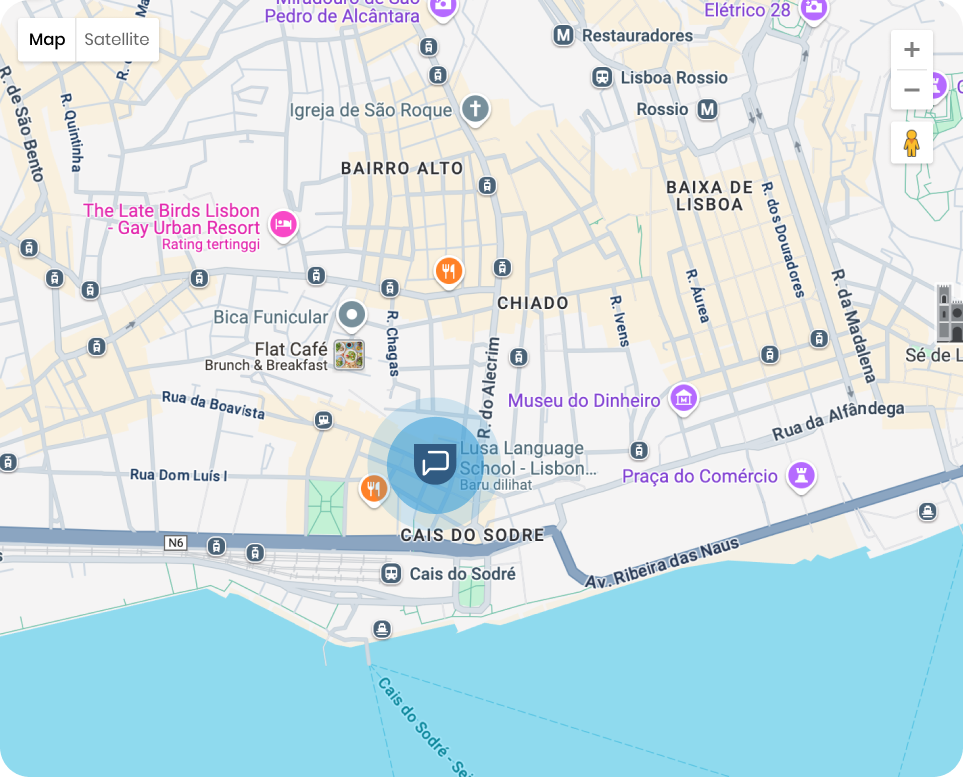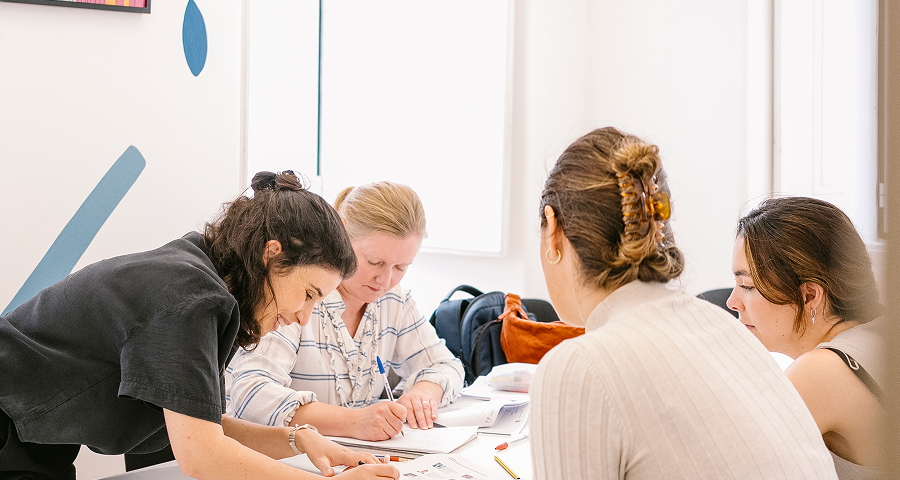Learn Portuguese Online
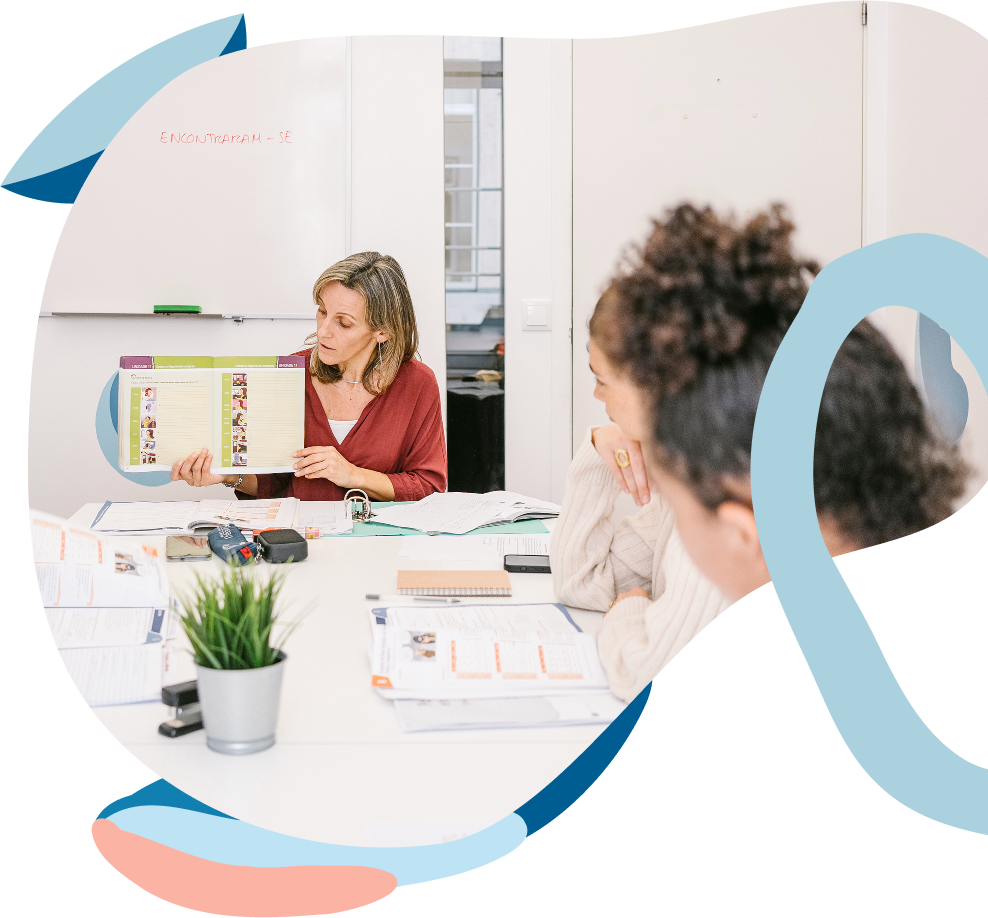
Learn Portuguese in Lisbon
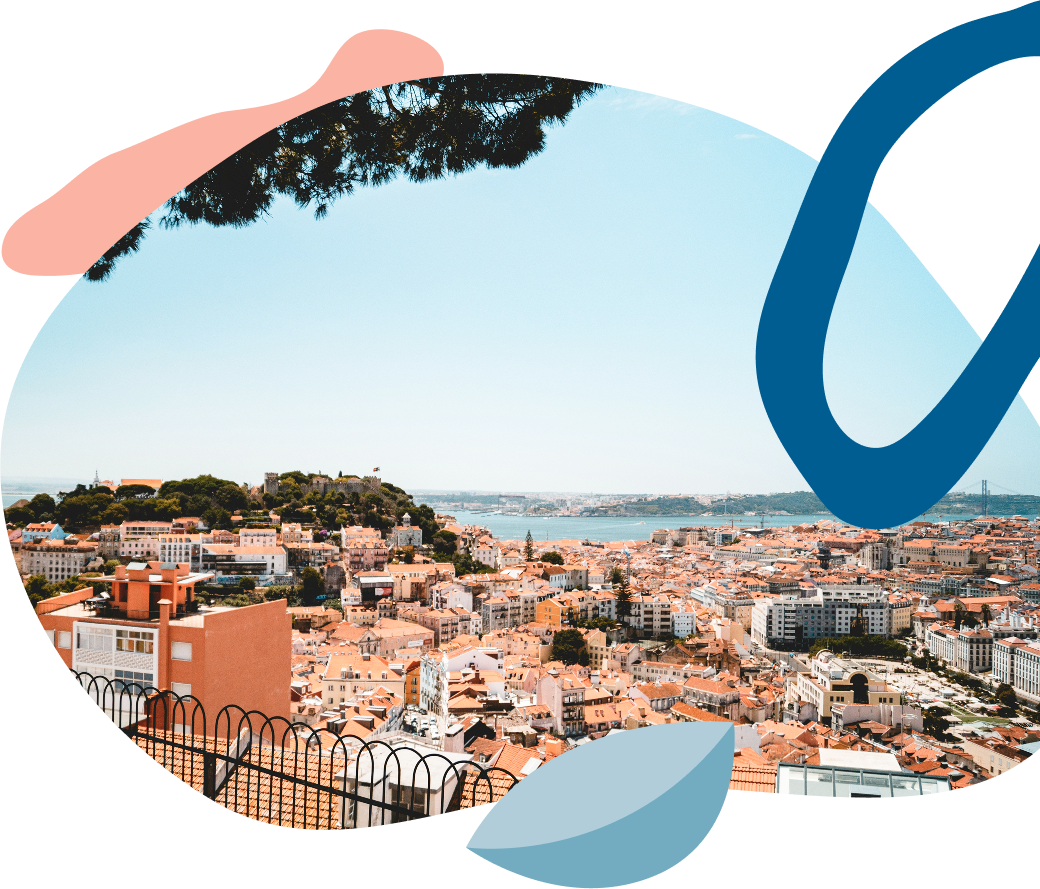
LUSA Courses
Besides the grammar, you will practise all the aspects of the conversational part of the language in the classroom alongside people with the same language goals as yours.
Group Courses
Our group European Portuguese courses are perfect for learners seeking an interactive, multicultural experience. Besides the grammar, you will practice all the aspects of the conversational part of the language in the classroom alongside people with the same language goals as yours. This is the best way to learn the language if you are looking for a multicultural experience during 2025.
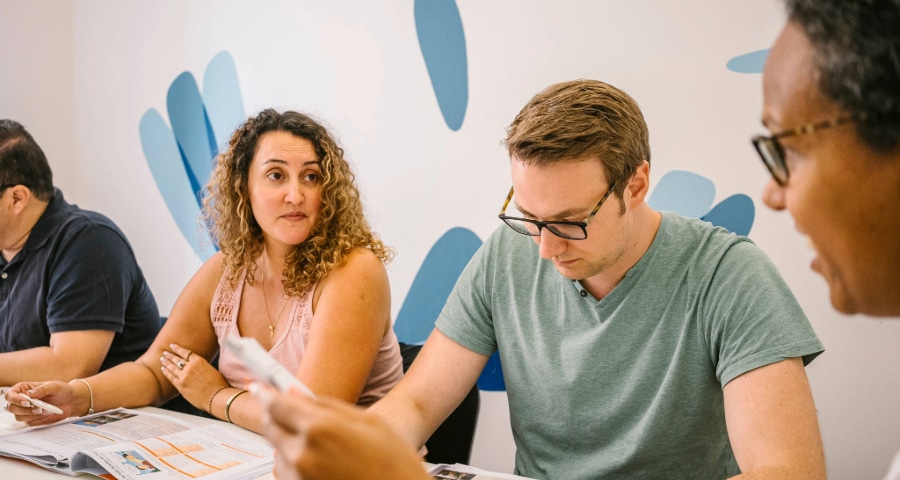
Intensive Portuguese Course
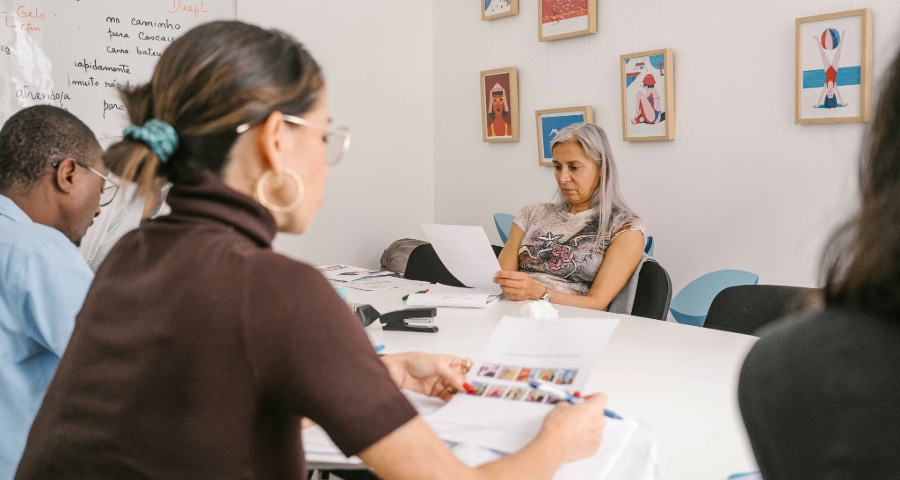
Part-Time Portuguese Course
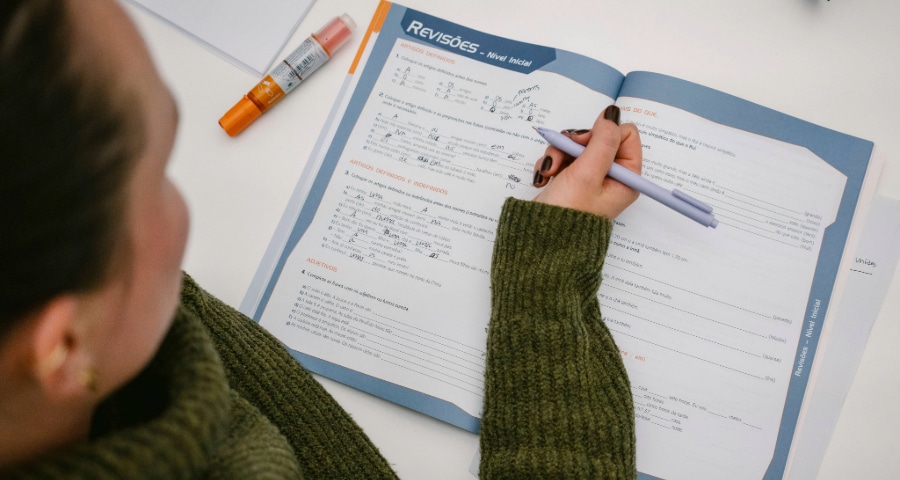
Summer Course
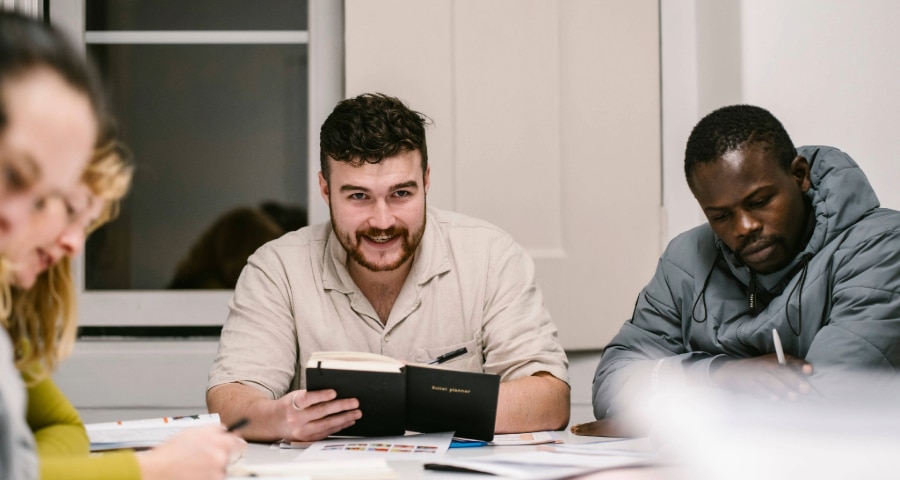
Conversational Classes
Individual Courses
If you have a very specific purpose or can’t meet the times of the group Portuguese classes, private lessons are the best option for you. Either you want to do those in person or online, you will have a one-on-one experience that is focused solely on your needs, objectives and improving your flaws.
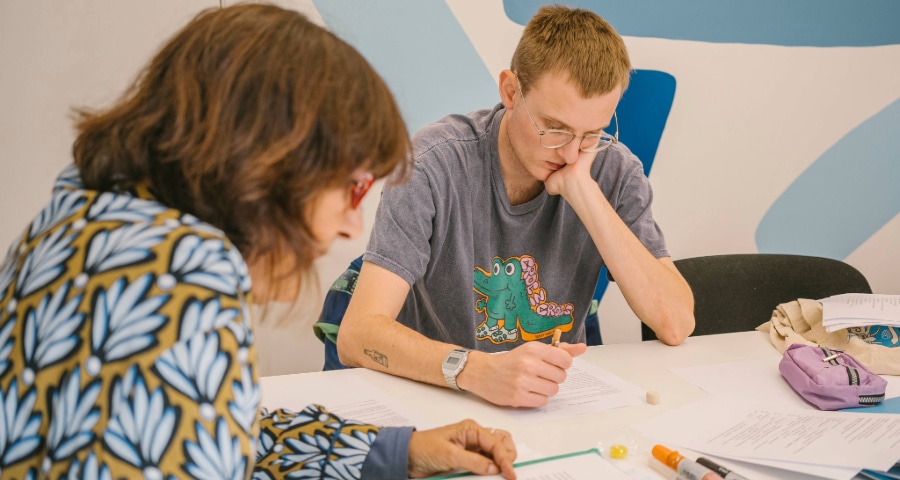
Private Lessons
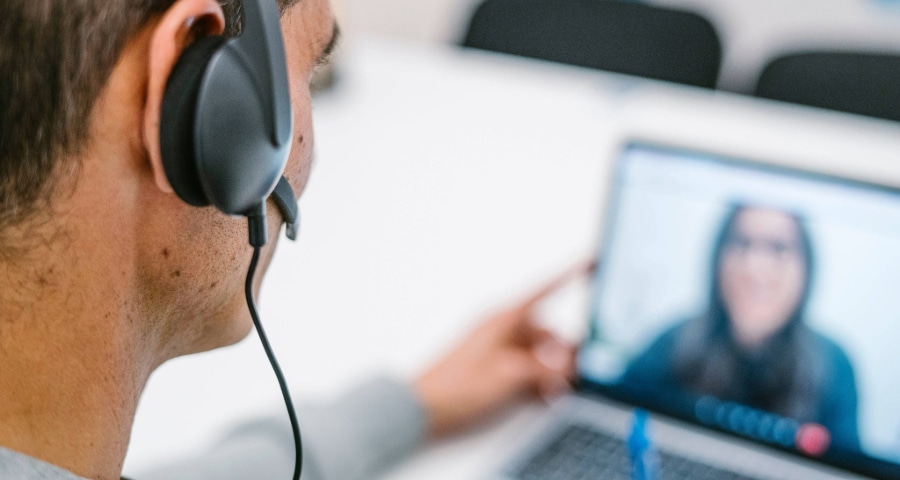
Online Portuguese Lessons
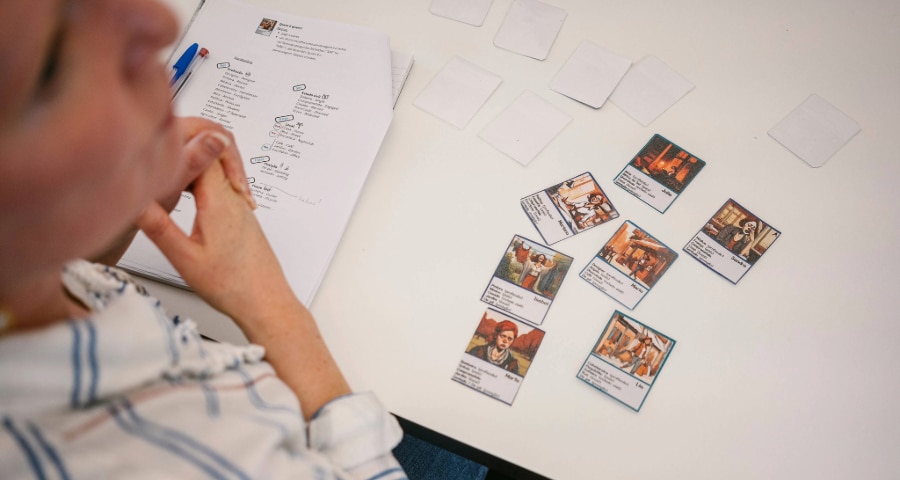
Pronunciation Classes
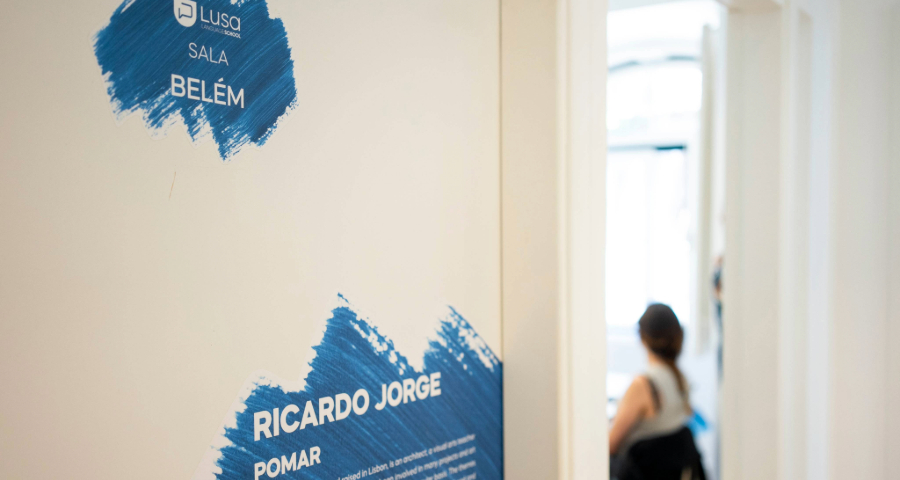
Business Portuguese Lessons
Group + Individual Courses
This immersive way to study European Portuguese combines the benefit of both the group and private lessons and it’s the most effective way to learn the language. It will allow the student to practise all the conversational aspects in the group classes and perfect their flaws or focus on their interests in the private lessons.
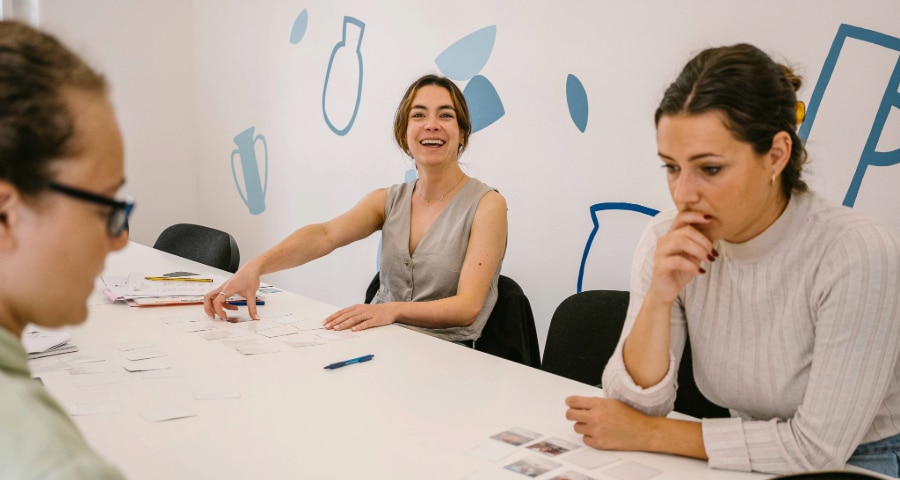
Full Immersive Course
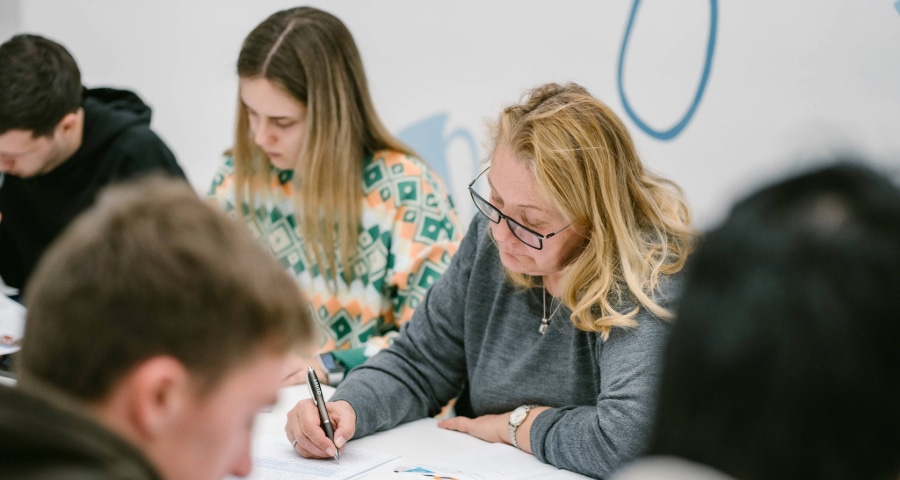
CAPLE Exam Preparation
Online Portuguese Courses
Our Portuguese Online group courses are the perfect choice if you are looking for an interactive online experience. Besides grammar, you will practice all the communicative aspects alongside people with the same language goals as yours.
Online Intensive Group Course
New Prices € 9.6 per hour with no additional enrollment fee
From €96 per week
10 hours per week
Monday - Friday
9am - 11pm
From 4 - 10 students
Online Part-Time Group Course
New Prices € 9.25 per hour with no additional enrollment fee
From € 185
20 hours in 5 weeks
Mon + Fri or Tue + Thu
From 5 - 10 students
2pm - 4pm or 6pm to 8pm
Private Online Course
- Online private lessons are aimed at those who want to learn Portuguese but live outside Lisbon or have a more rigid work or study schedule;
- Since lessons are one-to-one, you follow a completely personalised programme, giving you the freedom to choose when you want your classes to be;
- If you have studied at LUSA before, and have a preferred teacher, please let us know and we can try to arrange your classes to be with them;
From € 30 per lesson
To be agreed
Anytime from 8am - 9pm
One-on-one
To be agreed
Any day from Mon - Sat
Tailor made for each student
All the levels from A1 - C2
Online Portuguese Courses
We are a big family at Lusa Language School and therefore we male studying Portuguese in Lisbon much more than just learning the language.
Intensive Portuguese
- A thorough and immersive course and a way to learn Portuguese fast;
- Classes are fast-paced and results are big;
- Half of the day is spent dedicated to the lessons and the other half is free for students to explore Lisbon or other preferred activities;
From € 243.50 per week
Monday - Friday
9am - 1pm
From 4 - 10 students
From complete beginners (A1) - mastery (C1)
Part-Time Portuguese Course
- The part-time courses are perfect for students with work or study commitments, or those who are simply looking for more free time while they are in Lisbon;
- Students will learn with others with a similar language ability;
- Classes are dynamic, but the part-time lessons require dedication and self-study between classes;
From € 200 per module
Mon + Fri or Tue + Thu
7pm - 9pm
New Hours
9:30am - 11:30am
From 4 - 10 students
From complete beginners (A1) - mastery (C1)
CAPLE Exam Preparation
- The CAPLE exam gives certification in European Portuguese as a Foreign Language, which is usually needed for professional or residency purposes;
- Students looking for Portuguese citizenship must obtain level A2 or higher;
- We will first evaluate your current level of the language and then prepare an individual study programme according to your goals and the exam level;
Flexible
Flexible
Flexible
From complete beginners (A1) - mastery (C1)
Full Immersion Course
- Group classes for 4 hours per day, either in the morning or afternoon and one hour of private tuition;
- Ideal for everyone who wants to achieve their language goals more quickly, by combining group and individual lessons;
- Private tuition can take place in the classroom or in a variety of location, such as a coffee shop, during a walk by the river, on a terrace.
From € 419.90
Monday - Friday
9am - 10.30am
11am - 12.30pm
or
2pm - 3.30pm
4pm - 5.30pm
From 3 - 9 students
From complete beginners (A1) - mastery (C1)
Summer Course
- The Portuguese summer course consists of 4 hours of Portuguese classes in the mornings from Monday to Friday;
- After the classes, on Wednesday and Thursday, you have the chance to get to know the city with the activities organized by the school;
- On Friday nights we organise dinners at our favorite restaurants with teachers and staff, so you can get to know other people and practise.;
From € 624
Monday - Friday
9am - 10.30am
11am - 12.30pm
or
2pm - 3.30pm
4pm - 5.30pm
From 3 - 9 students
From complete beginners (A1) - mastery (C1)
New Prices with no additional enrollment fee
Conversational Classes
- The Portuguese conversation lessons are suitable for students with an A2 level or above;
- A fun and dynamic approach that creates an informal environment among students to encourage interaction between those and the teacher;
- Classes are relaxed and based around themes that appear during communicative contexts in Portugal.
From € 10 per hour
To be confirmed
To be confirmed
From 3 - 9 students
From intermediate (A2) - upper intermediate (B1)
Private Portuguese Lessons
- Portuguese private classes are aimed at individuals with specific learning goals or who require or want a more intense tutoring service;
- Private lessons can be taken by individuals alongside our other courses to further intensify their study of Portuguese, or as stand-alone sessions;
- These Portuguese individual lessons are also suitable for small groups who wish to learn Portuguese together and who have a similar level of ability.
From € 35 per lesson
Flexible
Flexible
Only
From complete beginners (A1) - mastery (C2)
New Prices with no additional enrollment fee
Business Portuguese Lessons
- Ideal for students who aim to improve their Portuguese for professional purposes, while living or studying in Lisbon;
- Students will have the opportunity to practise their language skills in a variety of different business contexts. The use of role-play and oral presentations is key for these classes;
- By the end of the Portuguese business course, students will be able to communicate in business contexts with increased fluency and be able to use a wider range of active vocabulary to perform tasks in a business context.
To be agreed
To be agreed
Flexible
From complete beginners (A1) - mastery (C1)
New Prices with no additional fee
Pronunciation Classes
- The classes are personalised according to the student’s needs and focus mostly on their pronunciation;
- Some of the sounds in the Portuguese accent might be hard to learn, so our teachers employ techniques designed to ensure the highest level of similarity to the native speakers;
- These Portuguese talking lessons focus on correcting the pronunciation flaws of the students with specific exercises, such as repetitions of the most difficult sounds.
From € 29.50
Flexible
Flexible
Only
From complete beginners (A1) - mastery (C1)
New Prices with no additional fee
The Language School in Lisbon
Lisbon is the biggest city in Portugal and if you are looking to learn a language in Portugal, this is definitely the place to do so. If you look online, you’ll find that there are plenty of language schools in Lisbon. So how do you choose the right one?
Student approach
You want to learn the language and you want your case to be treated closely by everyone. For that, you need to find a school where everyone, from admin staff to the teachers, follows your progress and advises you according to that progress.
Environment
When you are looking for a language school, you look for one thing: professionalism. That counts a lot in your decision, but it isn’t everything, as you certainly also want to have fun while learning a language in a relaxed environment.
Flexibility
Balancing work and personal life isn’t easy, and adding a language course to the mix makes it even harder. That’s why it’s important to choose the right course for you, because consistent attendance is key to learning faster.
Reviews
Knowing what kind of experience the previous students have had is important when choosing a language school in Lisbon. Did they like the school? Do they recommend it? Check the school’s social media to read what they have to say.
Why Choose
Lusa
Language School?
At our school we approach language learning differently. You are our main focus and we aim to provide you with the best experience you can have. We are a modern but homely school and we promote a friendly and relaxed atmosphere to make you feel at home and have the best possible experience while studying Portuguese in Lisbon.
Intercultural exchange
You’ll meet people from all over the world and have the chance to practise your Portuguese with them in your free time.
Teachers
All our teachers are native speakers and have a degree in teaching Portuguese to foreigners alongside years of experience.
Facilities
Two floors and 10 classrooms. Our school is functional but comfortable with a familiar environment so you can feel at home.
Location
We are located in one of the most vivid and central neighbourhoods of Lisbon both during the day and night: Cais do Sodré.
Social activities
We promote group visits to the best places in Lisbon and its surroundings because we want you to get to know our culture.
Friendly Environment
Our main goal is for you to enjoy your time with us so we will do everything to make you feel as comfortable as you are at home.
Reasons to
Study Portuguese
This is a different and special language! Learning Portuguese is the key to unlocking a unique world shared by over 220 million people worldwide in 10 different regions such as Portugal, Brazil, Mozambique and Angola. But how can Portuguese improve your life?
Job Prospect
A few Portuguese lessons will make you stand out as it is one of the languages of the future!
- Portuguese is the language of many growing job markets worldwide, so the need for foreigners who speak it is on the rise! Learning Portuguese now will mean getting a head start in the competition;
- Despite being the 6th most spoken language in the world, the Portuguese language is still a bit of a hidden gem. It is less common on people's CVS, offering an advantage. Taking a Portuguese course will make sure you stand out;
- Portuguese is spoken in Europe, Africa and America, so it doesn't matter where you're from or where you're living: studying Portuguese can open doors for you in any part of the world.
Live ‘A Vida Portuguesa’
You won't just learn Portuguese in Lisbon, you'll learn how to act and speak like a native!
Portugal is the world’s favourite new destination and, after a few Portuguese lessons, you can become part of the Portuguese speaking world, feeling more confident in your new home and workplace instead of feeling frustrated when you want to express yourself;
Whether you’re visiting for a few days or planning to stay, you’ll notice why Portuguese people are known for their sympathy and you’ll want to interact with them as much as you can;
There’s nothing like understanding a work of art in its native language. Studying Portuguese will lead you to understanding some of the world’s most important works of literature, music, and film.
Brain Training
Learning Portuguese might not be the easiest thing in the world, but what's the fun in easy?
Studying Portuguese can be just the intellectual challenge you need! Portuguese is an accessible language but it is a great personal goal to aim for. Keep those brain cells firing!
Portuguese can sound harder than it is. It has simple, logical grammatical structures and its day-to-day vocabulary can be learnt in a short time with the right Portuguese courses for you. It sounds and looks difficult, but it is easier than you might imagine;
Learning Portuguese in Portugal is the perfect challenge for your brain as you’ll be listening to the language daily and you will even get used to the slang and sayings Portuguese people use faster than you think.
Learning Experiences You'll Love
Discover engaging, fun, and meaningful learning experiences that make every moment count.
Start your Portuguese Course Today
Explore our courses and find the perfect program to help you build your language skills with confidence and purpose.

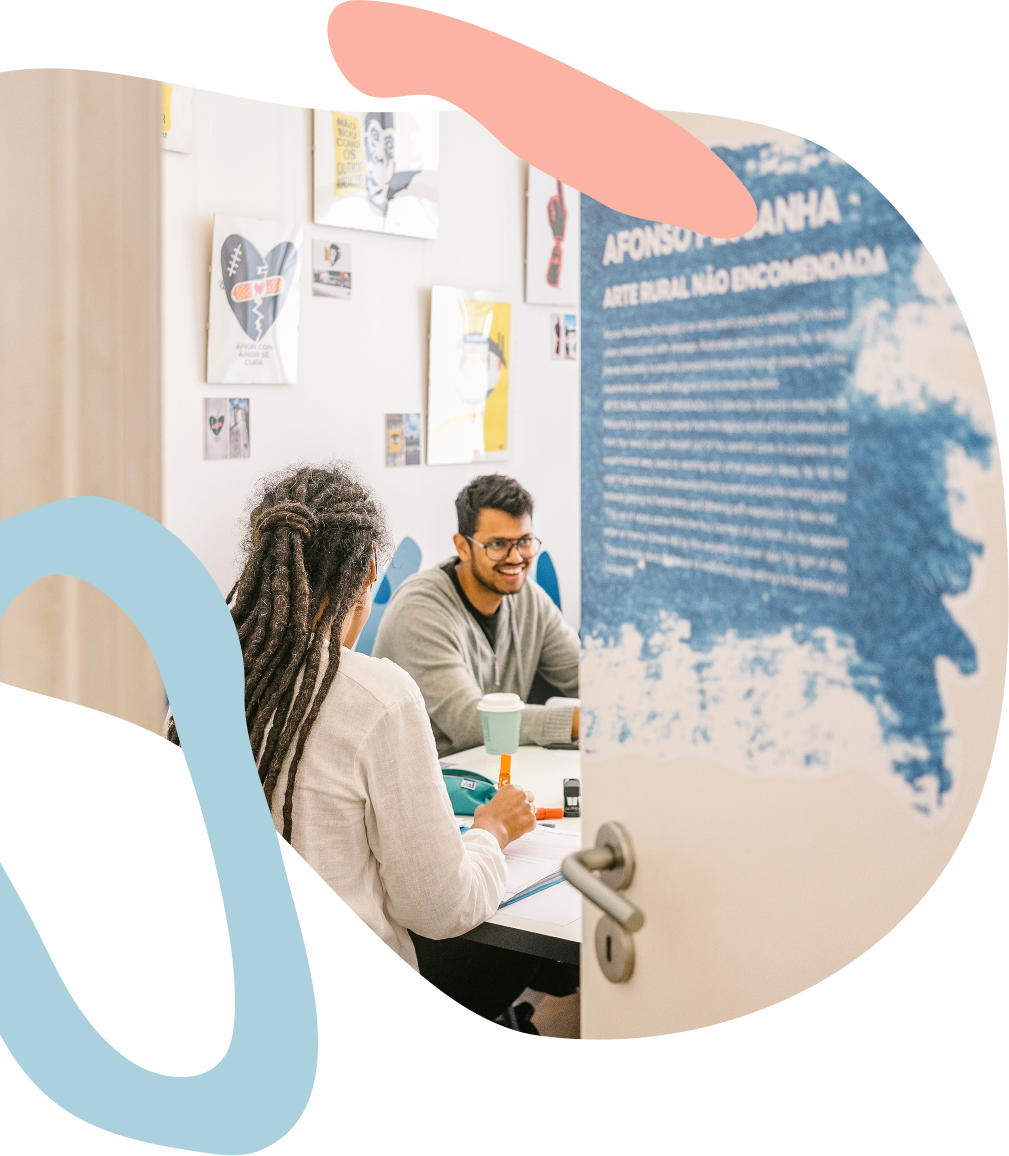
Levels and Certification
Our programs are designed according to the CEFR levels of languages and you will take a placement test prior to your arrival.
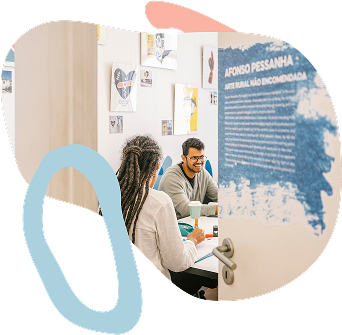
If you have previous knowledge of Portuguese, your level will be evaluated in order for you to be in the right class.
Once you finish your course, you will receive a certificate of attendance with the dates of your course and the level according to the CEFR.
Students with a Portuguese tax number also receive a professional training certificate with the evaluation of each level.

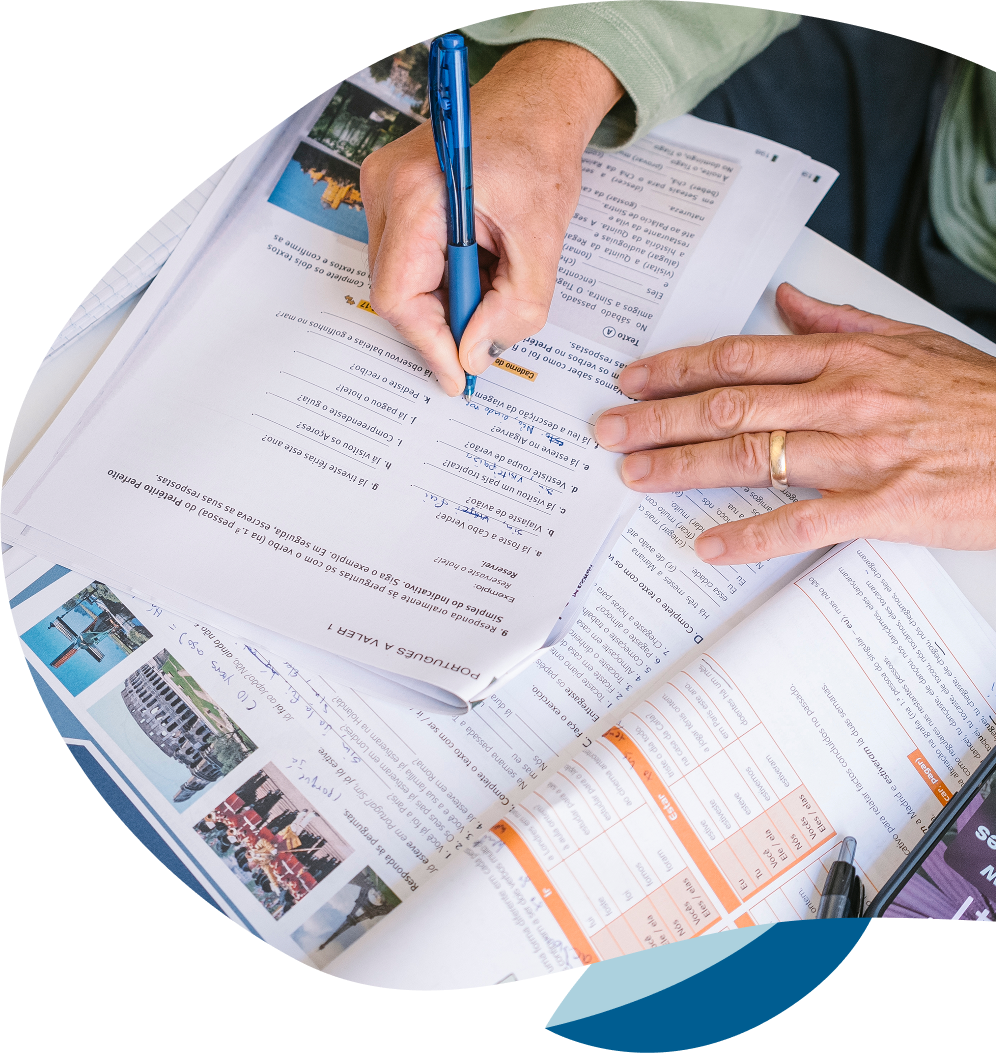
Portuguese CAPLE Exams
We offer special courses to our students for specific proficiency exams, such as CAPLE, and we can help them prepare and enrol in the exam.
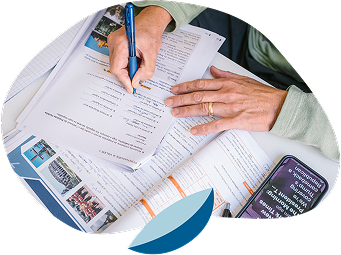
CAPLE (Centro de Avaliação de Português Língua Estrangeira) issues proficiency certificates in European Portuguese as a Second Language.
These certificates are often required for students who need to demonstrate their level of command for special purposes, such as for nationality or residency.
All our teachers are experienced in the CAPLE exams so they’ll give similar exercises to the ones you’ll find in the exam for you to practice.
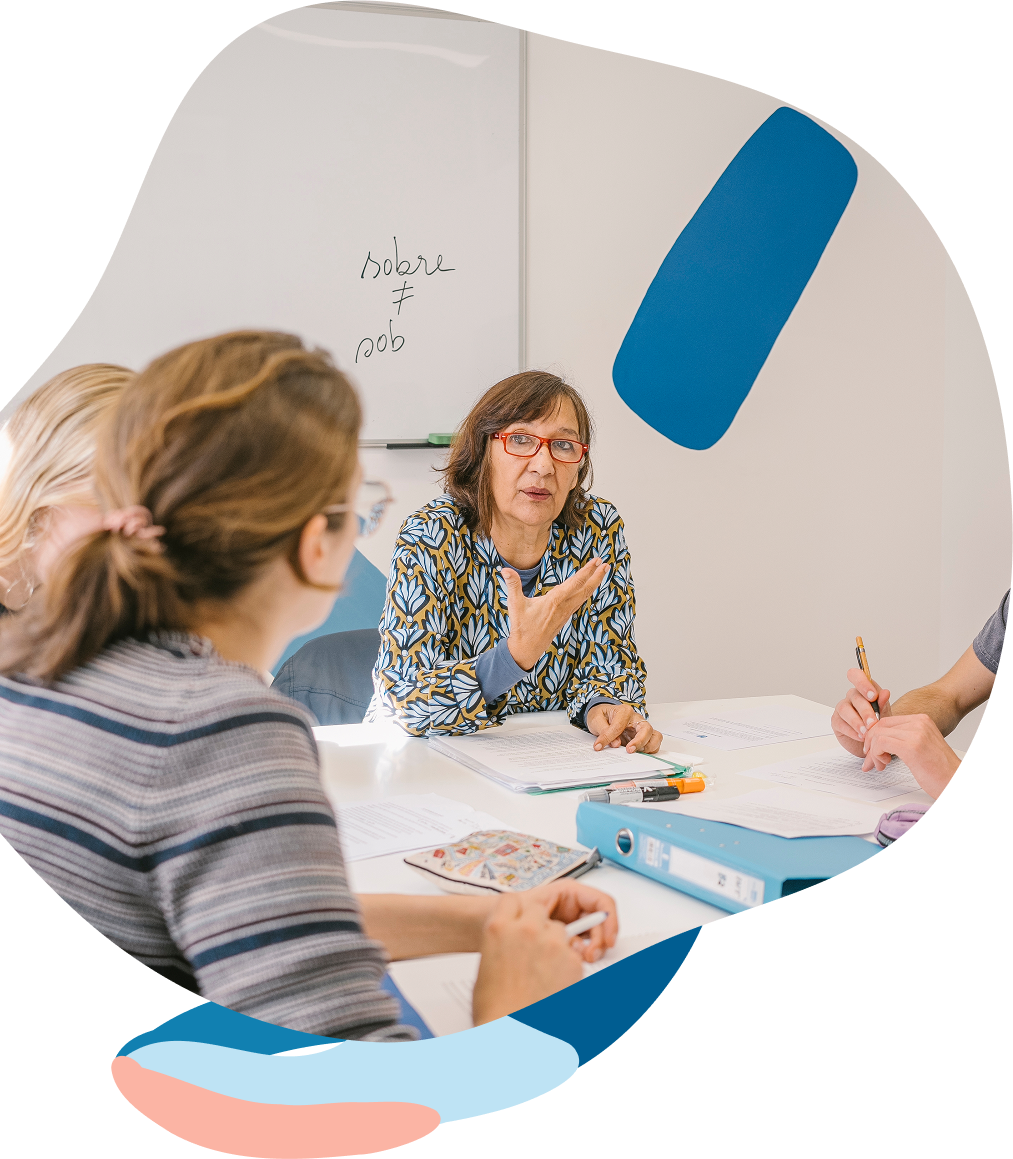
Our Accreditations
Our Portuguese language courses at Lusa Language School have officially been recognized and accredited by official training institutions both in Portugal and abroad.
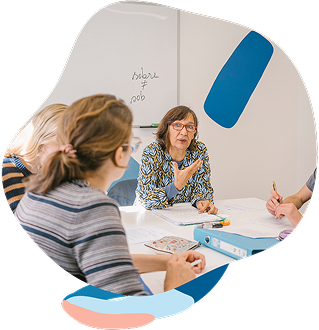
DGERT is a Portuguese service which manages the System of Certification of Training Organisations in Portugal. Having a course in an institution certified by DGERT may be extremely relevant when you apply for a job that requires the Portuguese language.
Bildungsurlaub is a German programme that allows employees to take 5 days off work for training purposes, which includes our Portuguese language courses.
Frequently Ask Questions
How hard/difficult is Portuguese to learn?
According to some studies, Latin languages, the group from which the Portuguese language comes, consist of some of the easiest languages to learn, even if your native language doesn’t come from the same branch of languages. However, you will find some obstacles when you start your learning journey. Portuguese is spoken by native speakers in other countries than Portugal too, so the range of different accents, vocabulary, and even grammar is very wide. Not to mention that the same thing happens at a smaller scale just in Portugal. This means that you will have to train your listening skills because you never know which Portuguese native speakers you will meet and talk to.
What is the best way to learn Portuguese?
How long would it take to learn Portuguese?
How can I learn to speak Portuguese from Portugal?
Where can I learn Portuguese in Lisbon?
If you already have a permission and you’re already in Lisbon, you can ask for a prorogation for another 90 days. For this request you should contact SEF (Serviço de Estrangeiros e Fronteiras). The process for the visa prorogation depends on the visa you currently hold, please consult further information about the process, requirements and fee in this link.
How long does it take to learn Portuguese fluently?
What is the best way to learn European Portuguese fast?
Why learn European Portuguese?
If you decide that you will start learning Portuguese but aren’t quite sure if you should learn European or Brazilian Portuguese, you will have to consider why you are learning Portuguese, where you will apply your skills and the benefits of knowing how to speak European Portuguese. Even though foreigners find it easier to understand Brazilian Portuguese, the truth is that most Portuguese-speaking countries are more open to European Portuguese because they share vocabulary and grammar similarities. Also, if you plan to be in Europe and interact with Portuguese people and Portuguese Organisations you will fit in better and faster if you speak European Portuguese.
Why learn Portuguese instead of Spanish?
If you want to include a romance language in your skills, Portuguese may be a better option than Spanish to start with. One of the reasons is that it is slightly easier and more straightforward grammatically speaking, which means you could reach a fluency level faster than if you were learning Spanish. Besides, since Spanish is more commonly chosen as a first foreign language to learn for English speakers and as a second foreign language for non-native English speakers, learning to speak Portuguese would be considered more valuable and could help you specialize in your field.
How long does it take to learn Portuguese from English?
How to learn Portuguese for kids?
The most effective way a child can learn a language is if you make it a fun experience for them. Fortunately, there is much software that offers an interactive learning experience, but there are more resources available for children to learn Portuguese. You can easily find children’s books and DVDs available to buy via online marketplaces that will provide a fun learning experience and give great results. You can also pay attention to what the child likes to watch and read and find those same things in Portuguese. Showing them a cartoon they are used to watching dubbed in Portuguese will give them a reference because they already know what is going to happen but they will subconsciously get used to listening to Portuguese.
Which Portuguese should I learn?
The variation of Portuguese you decide to learn will depend on many factors and you will have to weigh the advantages and disadvantages in order to evaluate which would suit you best. For example, Brazilian Portuguese would be a good choice if you want to learn the language fast since Brazilian pronunciation is easier to understand for foreigners. It could also be useful to learn Brazilian Portuguese if you plan on going to Brazil or just consume Portuguese content online as this variation is more widespread on videos and websites. However, European Portuguese would be more useful if you’re planning on living in Portugal or your job entails dealing with the Portuguese branch of European institutions and organisations.
Can I learn Portuguese in 3 months?
Yes, it’s possible to learn Portuguese in 3 months, but you need to have in mind that you will have to create a habit of studying every single day of those three months. To learn a new language in such a short time you have to make sure that you memorise and have a good understanding of the structure of the language. After that, you can start branching out to different learning materials to enrich your vocabulary and strengthen your knowledge of the language’s structure. This requires passive learning and active learning. For passive learning, you can listen to podcasts or watch videos in Portuguese, as well as read in Portuguese. For active learning, you can either take a course or practise with a friend or with a learning app
Where can I learn Portuguese for free?
If you don’t want to or aren’t able to spend money on a course to learn Portuguese, don’t worry as there are other ways to learn a language for free. The most popular way to learn a language these days is through an app. Most apps for learning languages are free and have extensive courses in the language you want to learn, so make sure you finish them with a good level of the language. Aside from learning apps, there are also websites from where you can have access to videos that feature native speakers regarding several topics so you just have to pick those that appeal most to you. Finally, you can also look for podcasts in Portuguese. There are many Portuguese podcasts out there so you just have to choose the ones you like the most.
How long to learn Portuguese after Spanish?
If you already speak Spanish, whether you are a native speaker or not, the good news is that it won’t take you long to learn Portuguese. Not only are Spanish and Portuguese from the same language branch, but they are also the closest in that group. This is proven by the fact that Portuguese and Spanish share an 89% similarity in vocabulary. However, one of the step-backs of learning Portuguese after Spanish is that you will have to pay attention to false friends, but you will have the advantage of hearing many familiar words and even sentence construction. This means that you will be speaking Portuguese much sooner than you expected.
Is it better to learn Spanish or Portuguese first?
There isn’t a simple answer to this question as it will depend on what your priorities are and what advantages of learning each language first will suit you best. For example, if you decide to learn Portuguese first you will likely understand Spanish easier than if you had learned Spanish first and tried to understand Portuguese after. Portuguese speakers can understand Spanish speakers easier than the other way around. However, the reason for this comes from the advantage of learning Spanish first. You will find very few differences between the written and spoken language when it comes to Spanish, which means that you can master it quickly.
How easy is it to learn Portuguese?
Portuguese is not a difficult language to learn, but that doesn’t mean that you don’t need to put in the effort when trying to learn it. Of course, it will depend on your language learning history. It will be easier to learn Portuguese if you already know how to speak another language besides your native one because your brain is already trained to switch languages when needed. It will also help if you have had at least some kind of contact with a language from the same family as Portuguese (like Spanish or French). And remember, the more consistent you are, the easier it will be.
How to learn Portuguese grammar?
The most effective way to learn Portuguese grammar is by memorising sentences’ structure, and how to conjugate verbs and repeat them until it comes out naturally. Grammar is probably the area of language learning that is most similar to Maths. Essentially, you will need to memorise how the language structures itself and repeat as many exercises as possible until you don’t actively think about it and it comes naturally when you speak and write. It might be useful to compare Portuguese Grammar to your language’s Grammar. By identifying the differences between the two you will be able to better understand how Portuguese works.
How can I learn Portuguese in 30 days?
The guaranteed way of learning Portuguese in 30 days is by completely immersing yourself in the language. If you are already living in a Portuguese-speaking country this will be much easier to do, if that’s not the case you will have to do a more conscious effort. Seek out people who are fluent in Portuguese and make new friends in the process. Every time you feel like watching or reading something, do it from Portuguese material. Try to learn from as many different sources as possible to make sure that you don’t end up with any language gaps.
Which are the best books to learn Portuguese?
It’s a great way to learn a language by reading books written in it, but you also need to understand the grammar and there are great grammar books that will help you master the Portuguese language as well. Some of the books that will help you learn Portuguese are “Basic Portuguese: A Grammar and Workbook” by Cristina Sousa, “Portuguese: An Essential Grammar” by Amélia P. Hutchinson, Janet Lloyd and Cristina Sousa, and “Gramática Aplicada: Português Para Estrangeiros”. All of these books were made by experts in the Portuguese language and they are specially targeted to foreign learners who are starting their learning journey.
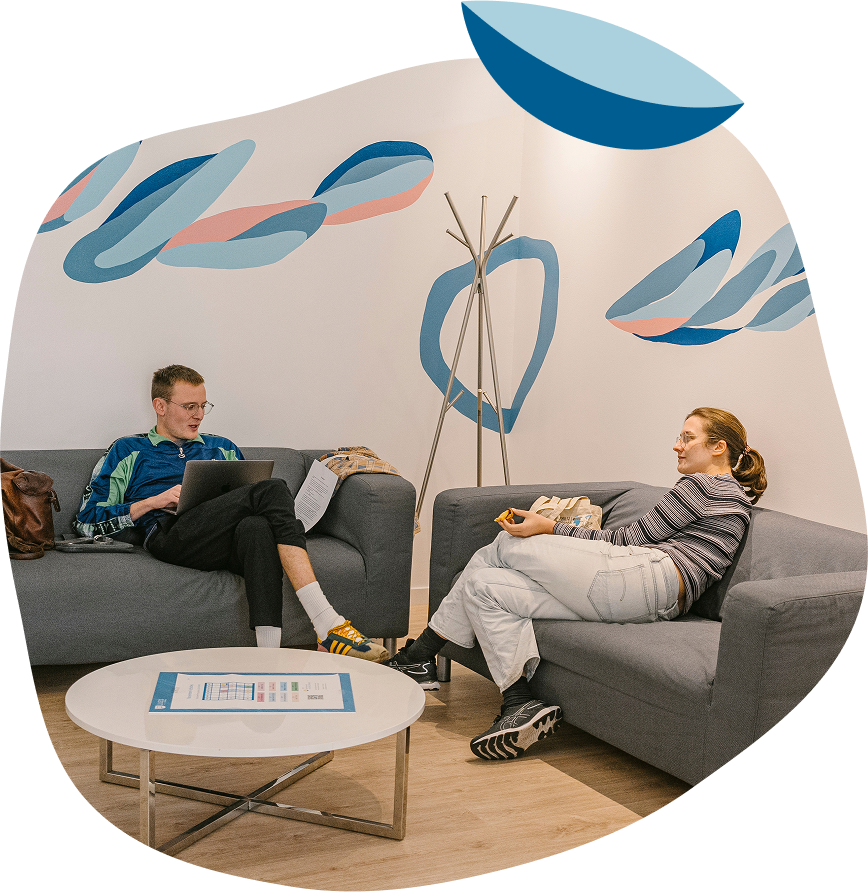
Still have questions?
Can’t find the answer you’re looking for? Please chat to our friendly team.
